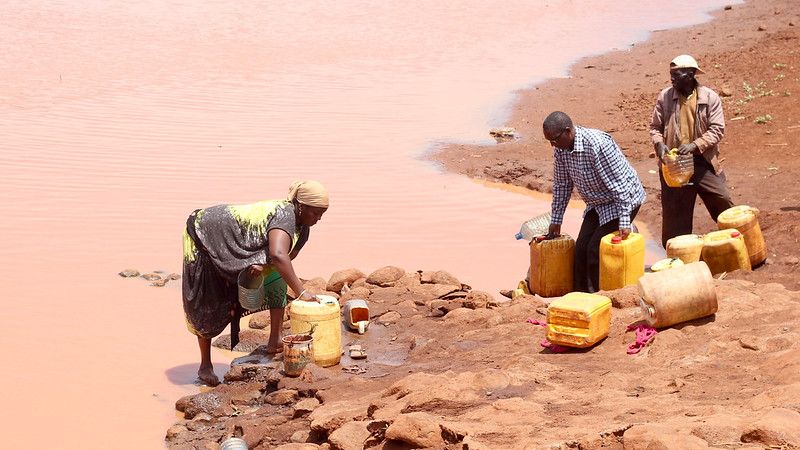Climate Change Adaptation Under Increasing Climate Risks – National Level Policies, Locally-led Decision Making, Resources

Pastoralists of Marsabit, rural Kenya. Feb 2018. Photo: Kandukuru Nagarjun.
Increased occurrence of droughts and floods are escalating climate risks, affecting food and water security in Kenya and East Africa. This webinar will discuss climate change adaptation under increasing climate risks in the region. The concern is that the time available for recovery and rebuilding for the vulnerable communities is decreasing. Within this context, the panel will discuss how to break the cycle of these recurrent climate risks.
Addressing an immediate climate change induced humanitarian crisis and planning for long-term resilience building are both crucial for adaptation action. This webinar will explore whether the increasing demand of addressing the immediate climate change induced humanitarian crises puts pressure on the country’s long-term climate change resilience building planning and resource allocation. Furthermore, are there coordinated efforts among relevant actors in this regard?
Countries have national climate policies, Nationally Determined Contributions (NDCs), but when it comes to their implementation, especially at local level, there are several challenges. The availability of the resources, mainly climate adaptation finance at local level, and the locally driven decision-making are integral towards achieving climate adaptation. The panel will discuss how climate change adaptation actions at local level can be accelerated in East Africa, by examining the national perspectives as well as local level adaptation mechanisms.
Watch the recorded webinar here:
This event may be photographed and/or filmed, due to our public service mission. Please inform us if you object to this.
